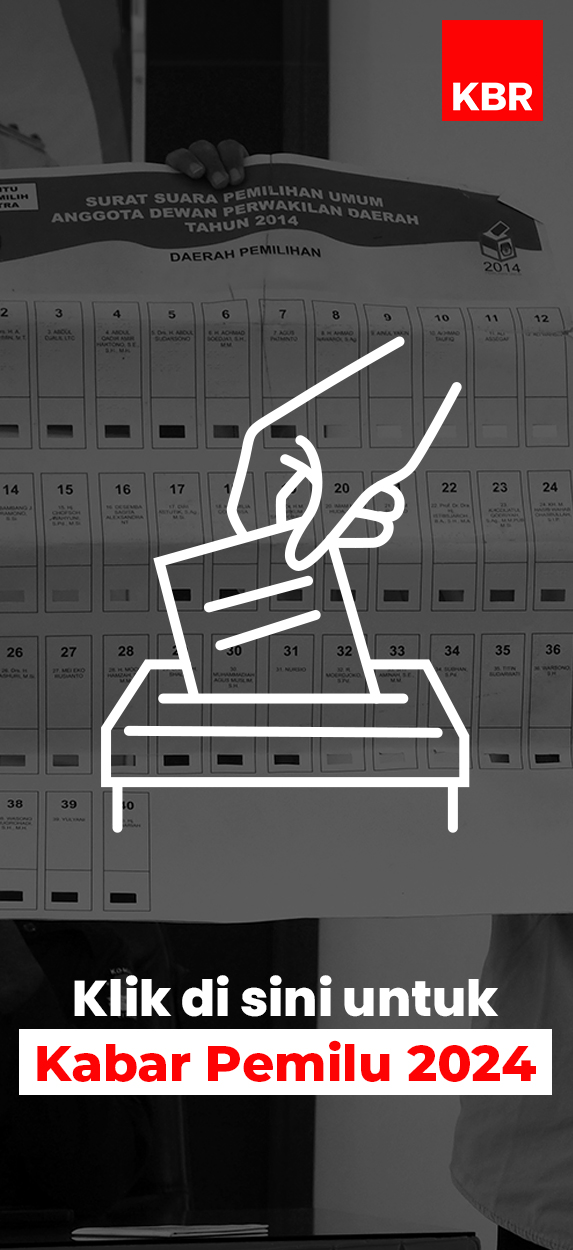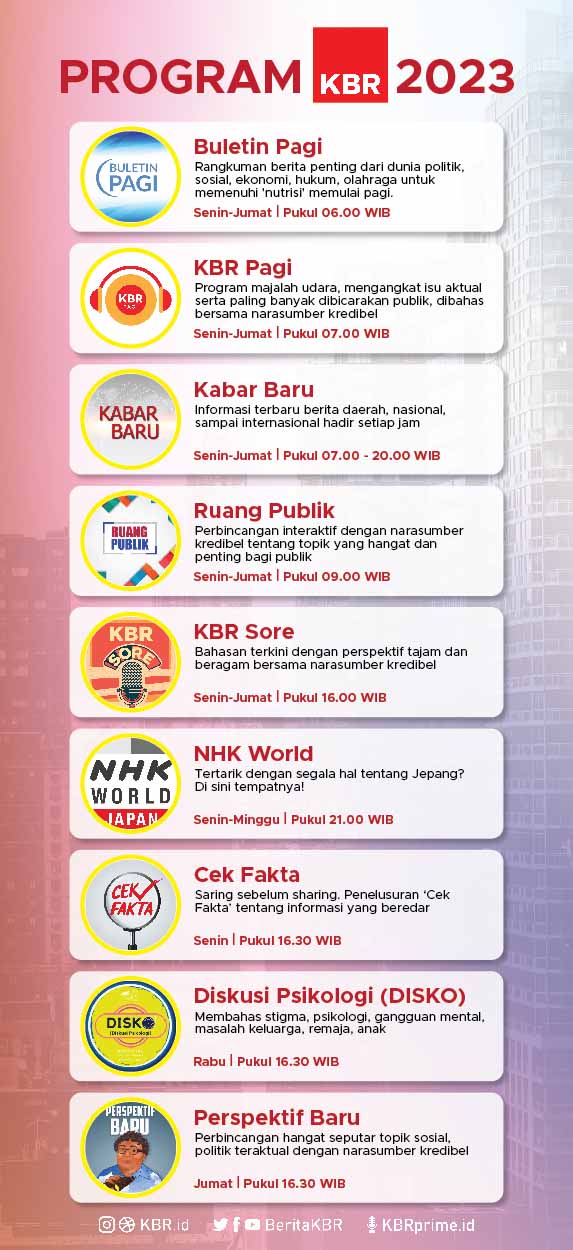Thailand is home to an estimated 2.5 million migrant workers – both legal and illegal. And the country is now struggling to legalize hundreds of thousands of them in time for the deadline next month.
Low wage workers from Myanmar, Cambodia and Laos are particularly vulnerable to exploitation during the process.
Like 29-year-old Sai Sai who works in a fish canning factory in Mahachai, just south of the capital.
He came to Thailand illegally from Myanmar nearly five years ago, with the help of a broker, and now he’s using the same broker to apply for a work permit.
He has to pay nearly 400 US dollars... nearly two month’s salary.
“Compared with some of my friends, then the cost of getting legalised here was quite expensive for me,” he says. “Some of my friends paid only 160 US dollars. Also before, I didn't have to pay anything else to the broker but since I got the work permit, I have to pay 3 percent of my salary to the broker every month.”
Sai Sai is one of the millions of illegal workers in Thailand, mainly employed in low paying jobs in the construction, fishing and service industries.
And they’re vulnerable to exploitation... not just from their employers, but also from brokers.
The Thai government has been encouraging illegal migrant workers to legalize themselves, and the latest deadline is next month. But the registration process is time consuming and troublesome.
This is where the brokers come in, says Max Tunon from the International Labour Organisation in Bangkok.
“Employers and workers can choose to use a broker and indeed there are a number of brokers – an industry of brokerage has sprung up around the regularisation of migrant workers. And indeed it's becoming very profitable and brokers are charging between 10 and 20,000 baht for facilitating the process. Indeed the true cost is estimated to be around 5,000 baht.”
The actual cost is 160 US dollars... but brokers can ask up to 650 US dollars from workers.
Without legal documents, illegal workers are left with no other options but to pay the agents. This makes them more vulnerable to exploitation, says Max Tunon.
“The concern that we have is that there is no regulation of these brokers, there is no oversight from the Ministry of Labour or the Department of Employment,” he explains,”Within Thai law there is the recruitment and job-seekers protection act which does regulate agencies that send Thai workers abroad. But there is no regulation of those who are facilitating the recruitment and placement of foreign workers in Thailand.”
The ILO is campaigning for tighter regulation of the registration process, and Tunon says there are signs that the Thai government will change the law.
After the deadline, migrant workers who haven’t registered and employers who hire them will be arrested and heavily fined.
But the legal work permit doesn’t actually change the working conditions for migrant workers. Sai Sai says, he’s still treated as a second class citizen.
“I feel better now I've got the documents. But the working conditions are still not great,” he sighs.
“We're supposed to get 30 minute breaks but often we work a 12 hour shift non-stop. There's discrimination as well between the Thai workers and the migrant workers. The Thais don't have to work as hard as us. If they sleep on the job, no one complains. And their wages are higher, even though they don't work as hard.”
With an August deadline looming, migrant registration centres have been swamped. In the meantime, Thailand's illegal workers must stay out of sight to avoid arrest.
Migrant Workers in Thailand Face New Discrimination
Thailand is home to an estimated 2.5 million migrant workers

INDONESIA
Jumat, 02 Agus 2013 18:52 WIB


Thailand, Myanmar, migrant workers, Nik Martin
Kirim pesan ke kami
WhatsappRecent KBR Prime Podcast
Kabar Baru Jam 7
Strategi Perempuan Pengemudi Ojol Mengatasi Cuaca Ekstrem (Bag.4)
Arab Saudi Bangun Taman Hiburan Bertema Minyak di Tengah Laut
Menguji Gagasan Pangan Cawapres
Mahfud MD akan Mundur dari Menkopolhukam, Jokowi: Saya Sangat Hargai




